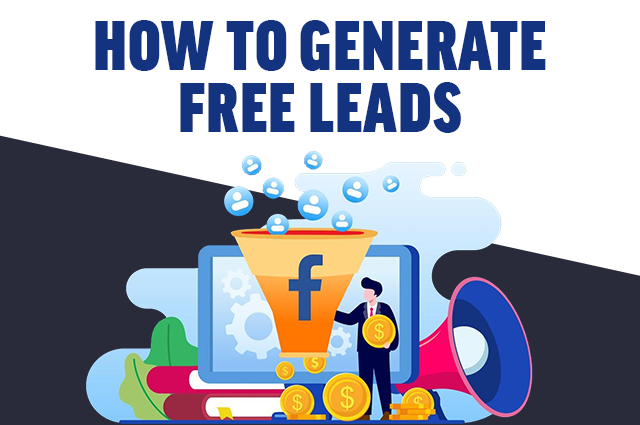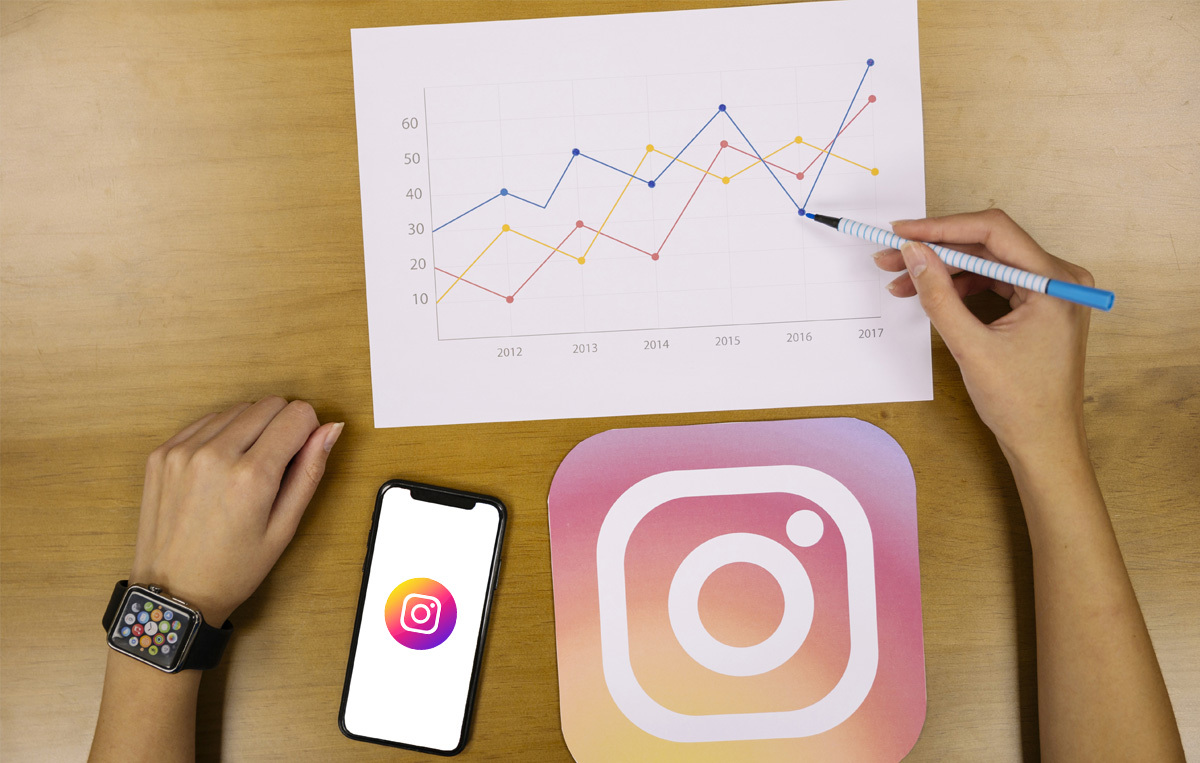
In today’s digital world, standing out isn’t just about having a good awareness it also requires intelligence. Artificial Intelligence (AI) has quickly evolved from a concept of the future to an essential part of today’s marketing strategy. AI is no longer just a concept it is totally changing how brands interact with their audiences, optimise their campaigns, and achieve profitable results. Teaming up with the best digital marketing agencies often means finding one that’s good at using AI in your plan and opening up new ways to make things personal, work better, and understand more.
Basically, Artificial Intelligence (AI) refers to computer systems that can do activities that need human intelligence, such as learning, problem solving, decision making, and language learning. AI is a sophisticated digital marketing technology that can analyse huge amounts of data, identify trends, forecast results, and automate challenging jobs far better than human skills.
The main AI technologies causing this change are as follows:
Marketing ecosystems become more responsive and intelligent when these technologies are combined.
AI transforms the field of digital marketing, shifting it from a reactive to a proactive strategy. Here’s how it works:
AI-Powered Tool Examples:
Challenges and Limitations: Responsible Navigation of the AI Landscape
AI is a powerful tool, but it definitely has its challenges:
The main finding is that AI is helpful in data processing, pattern recognition, task automation, and prediction. But on the other hand, humans are experts in creativity, empathy, ethical judgement, complex strategy, and building trustworthy relationships. The most effective strategies combine AI’s efficiency and insights with the human touch in overarching strategy, creative direction, and genuine engagement.
Future Trends of AI in Digital Marketing: What’s Next?
The evolution of AI is moving forward quickly, offering even more ground-breaking changes:
The evolution of AI is moving forward quickly, offering even more ground-breaking changes:
Conclusion: Embracing an AI-Powered Future
AI is more than a trend; it has become the foundation for future digital marketing. Its capability to analyse large datasets, provide personalised experiences, refine campaigns in real-time, and predict outcomes offers incredible benefits in terms of efficiency, targeting, and ROI. Whether it’s adjusting pay-per-click marketing bids, personalising email marketing services, or optimising social media marketing campaigns, AI’s influence continues to expand.
For businesses looking to succeed, the way forward is all about teaming up with innovative experts. The best digital marketing companies don’t just rely on AI tools; they understand how to integrate them into a human-centred framework. This ensures that technology supports, but does not replace, actual customer connection. Accept AI as a valued partner, spend time understanding its strengths and limitations, and work for the necessary balance to produce outstanding results in today’s digital landscape.
AI helps improve SEO by analysing search trends, improving content for relevant keywords, and identifying potential link-building possibilities. SurferSEO and Clearscope use AI to improve content visibility.
Not really! AI is designed to help marketers by automating repetitive operations and providing valuable data. However, creative features such as strategy, understanding, and storytelling still require human interaction.
Absolutely! There are many AI-driven tools with low-cost plans that help start-ups and small enterprises, especially in areas such as email marketing and social media automation.
Start with a specific area, such as AI chatbots, automated emails, or SEO optimisation tools, and then expand your efforts based on what works best and provides a decent return on investment.



Innovative IT solutions tailored to your needs—custom software, cloud services, web development, and more. Let’s grow together!
© 2025. All rights reserved.
WhatsApp us